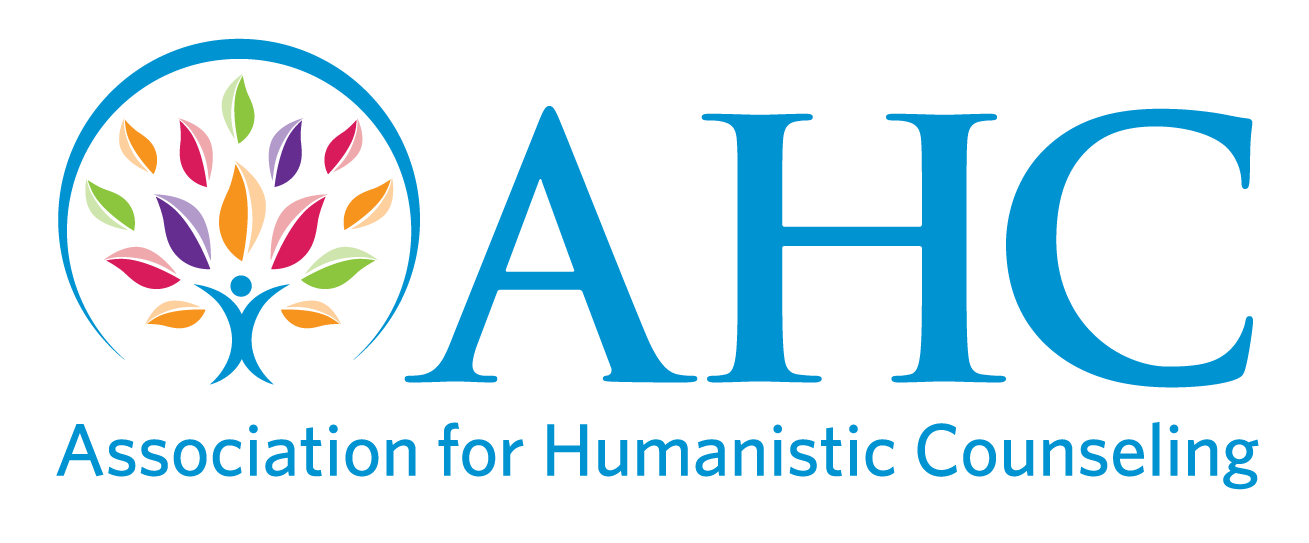Title: Inviting Stories in Suicide Assessment as a Humble and Humane Approach
Date: April 29th 3:00-4:00 EST
Presenter: Tina Nirk, PhD, LPC, NCC
Description: Risk assessment for suicide with a culturally humble approach that values each person’s story as it is embedded in personal history, relationships, and cultural systems should not be an optional way of assessing our fellow humans. Narrative interview strategies can increase the meaningful dialogue and bring spacious regard for patients in healthcare settings who might otherwise suffer alone or take their lives. Engaging in humble, non-judgmental dialogue invites patients to share their story leading up to suicidal thoughts or behavior and sends a message that assessment can be less clinical a more of a humane act of interaction and understanding.
Objectives: A narrative and relational approach to risk assessment will be described. Purposely not screening for suicide with the “yes” or “no” reductionistic and rigid question, “Are you currently or have you been suicidal?” is part of becoming culturally humble. A far better screening begins with, “Tell me about any times you have had suicidal thoughts.” This is a humble request to get a collaborative and more fluid glimpse inside of a person’s inner world of suicide
Webinar participants will be guided in inviting expansion and multiple alternatives to suicide as the conversation continues in the narrative therapy tradition. Webinar participants will note the common problem areas in suicide assessment and learn 10 ways to enhance the interview. A discussion will be provided on the necessity of care transitions for patients as they are discharged from hospitalization to outpatient treatment.
Presenter Bio: Tina L. Nirk, Ph.D., LPC earned her doctorate in Counselor Education and Supervision. Tina has worked as a mental health clinician and program developer for two decades. In that time, she gained perspectives and understandings of human suffering especially with individuals who experience addiction, suicidality, grief and loss, as well as terminal illness. She uses narrative therapy and letter writing in qualitative research, personal growth, and in her work with oncology patients. Her future focus and dream is to help new counselors prepare for the complexity of human problems. She currently works at Ivinson Memorial Hospital, Behavioral Health Services (BHS) where she has served as the lead mental health examiner for almost six years. Her efforts to improve the Title 25 experience for patients who have been involuntarily detained is a fervent mission to advocate for voices that are frequently silenced
